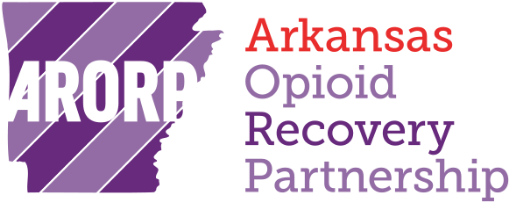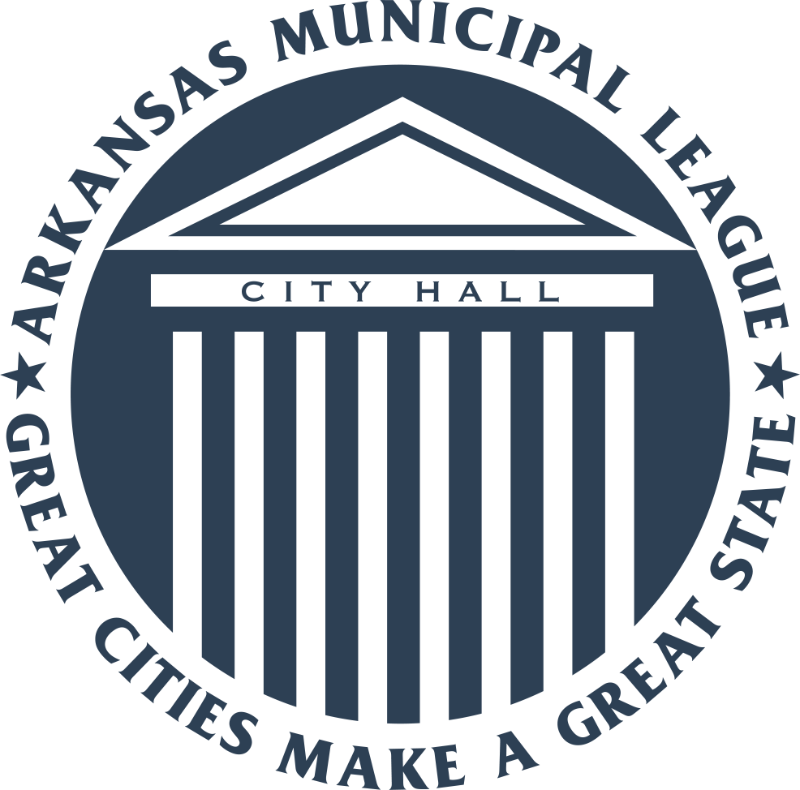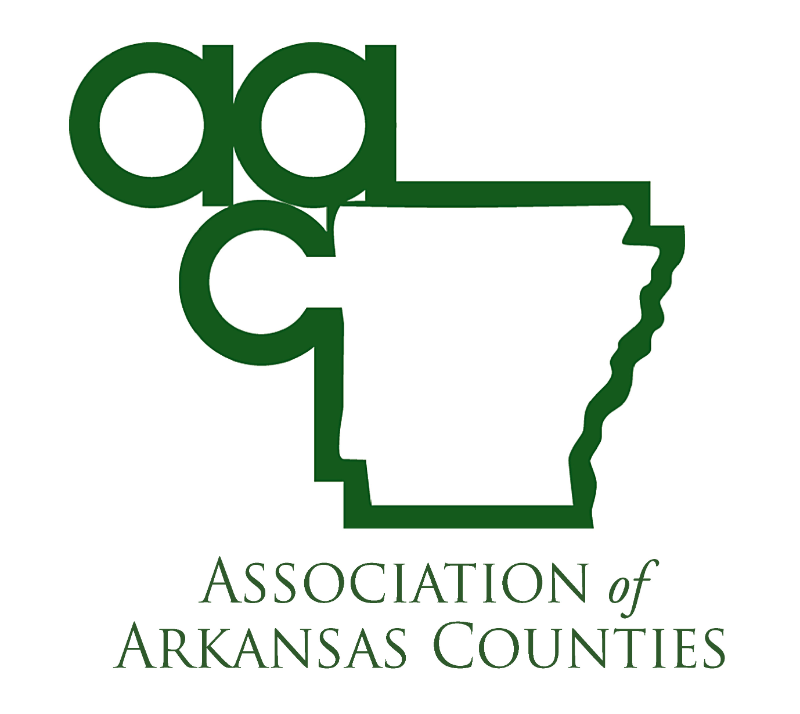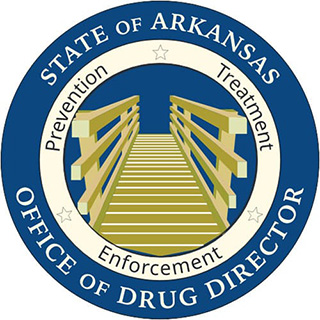Panel discusses impact of opioid crisis in Arkansas
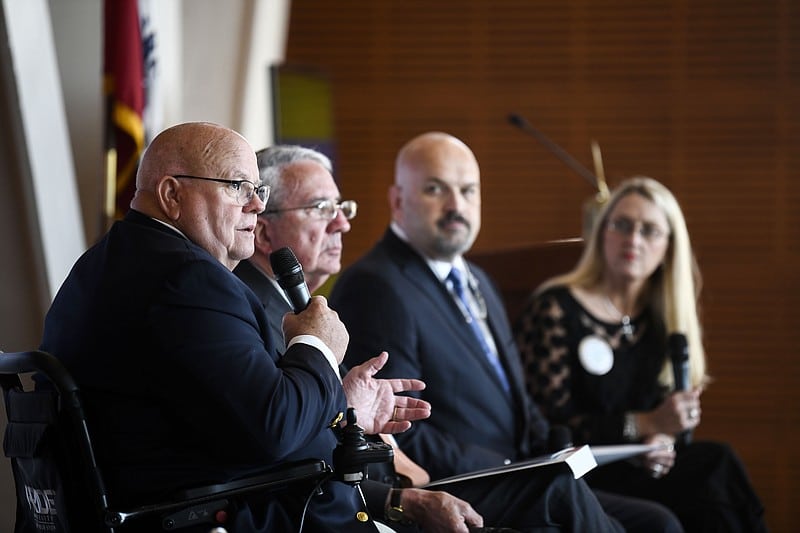
by Tony Holt with the Arkansas Democrat Gazette | October 25, 2023 at 7:30 a.m. | Link to original article
Chris Robertson gets an attentive audience every time he speaks to a crowd about losing his college-age son to opioid abuse.
Before he exited the stage at the Clinton Presidential Center in Little Rock on Tuesday, Robertson was surrounded by people who were in awe of him for having the fortitude to take such a devastating personal tragedy and turn it into such a powerful and instructive message.
“I do this so that I might save another child’s life and save other parents from enduring the lifelong pain that comes when you lose a son or daughter,” Robertson said after he took part in a panel discussion on the impact of the opioid crisis in Arkansas and shook more than a dozen hands.
The Rotary Club of Little Rock hosted the panel in recognition of Drug Take Back Month as well as Saturday’s National Prescription Drug Take Back Day, according to organizers.
Robertson was joined on stage by moderator Sharon Tallach Vogelpohl, president and CEO of MHP/Team SI; as well as Kirk Lane, former Benton police chief and director of the Arkansas Opioid Recovery Partnership; and Randy Zook, president and CEO of the Arkansas State Chamber of Commerce.
Robertson, 70, of Little Rock, said he lost his 22-year-old son, Warren, a sophomore at the University of Arkansas, in the summer of 2022.
He talked about how a prescribed drug like Adderall, a stimulant often used to treat attention-deficit/hyperactivity disorder or narcolepsy, has the potential to bring with it serious side effects — including insomnia and anxiety. Those side effects can open the door to more problems, including a prescription to stronger drugs, which raises the risk of addiction and death.
That was the path his son was on, and he died before he could be saved, Robertson said.
“It is important to make our children understand the risk of addiction and how such addictions can occur even when they don’t expect it,” Robertson said.
He said he found out the seriousness of his son’s addiction and the dangerous path he was on in “the worst possible way.”
Robertson recently endowed a fund at Catholic High School for Boys in Little Rock to fund the school’s first counselor, someone whose job it is to meet with students and help them with their mental and emotional needs, as well as detect any signs of substance abuse.
He also told the audience of more than 100 people that opioids are overly prescribed, and some are so potent that their effects go “way beyond what they’re intended for.”
Not long after Robertson made that assertion, the panel segued into a discussion about fentanyl, a synthetic pain-killing drug that is 100 times more potent than morphine, according to the U.S. Drug Enforcement Administration.
Fentanyl turned out to be a hot topic during Tuesday’s panel discussion.
Zook said he has a grandson who is an undergraduate at the University of Mississippi. A fellow student of his grandson’s purchased some black-market Percocet. Unbeknownst to him, the tablets were laced with fentanyl. That 20-year-old college student died during homecoming weekend by ingesting one of those tablets, Zook said.
Someone overdosing on fentanyl needs a fast-acting life-saving measure — and the one that most first responders rely on is naloxone.
This year, the U.S. Food and Drug Administration approved the first naloxone nasal sprays, including one sold under the brand name Narcan, to be sold over the counter without a prescription. Those experiencing an overdose can have their lives saved if naloxone is administered in a timely fashion.
Zook said every business that has a fire extinguisher and/or first-aid kit needs to have a container of Narcan spray taped to it or sitting directly next to it. In this day and age, many people are suffering from an opioid addiction — and some of them suffer overdoses at work, he said.
“It can happen in your office,” Zook said. “Someone at a desk next to you could have an attack.”
Robertson and Lane both warned that naloxone is not a cure, but rather a prolonging measure. Someone who overdoses on opioids will still require emergency room treatment even after their acute medical condition is stopped via the spray.
Lane said that Arkansas has an opioid dispensing rate of 71.67, which is among the worst in the country. That means that more than 71 of every 100 Arkansans receive an opioid prescription. The national average is 43.3, according to the Centers for Disease Control and Prevention.
Arkansas is showing signs of improvement. The state Department of Health released a study stating that in 2021, 22 counties in Arkansas had dispensing rates that exceeded 100. In 2022, that number dropped to 13.
“We still have a lot of work to do,” Lane said.
He emphasized that people shouldn’t become jaded as a result of the bleak statistics or the looming threat of narcotics that are even more dangerous than fentanyl.
Lane insisted that people should never give up on helping people find the road to their recovery.
“Recovery does work,” he said. “We’ve seen amazing steps taken by people who find their way out of the [depths] of addiction.”
